- Details
-
Category: World Hot News
-
Published: Monday, 12 August 2024 20:47
-
Written by Gentry
 UN Photo/Manuel Elías A wide view of the Security Council meeting on enhancing Africa’s effective representation in the Council.
UN Photo/Manuel Elías A wide view of the Security Council meeting on enhancing Africa’s effective representation in the Council.
UN Secretary-General António Guterres on Monday called for urgent reform of the Security Council, criticizing its outdated structure and lack of representation for Africa, which he argued undermines the body’s credibility and global legitimacy.
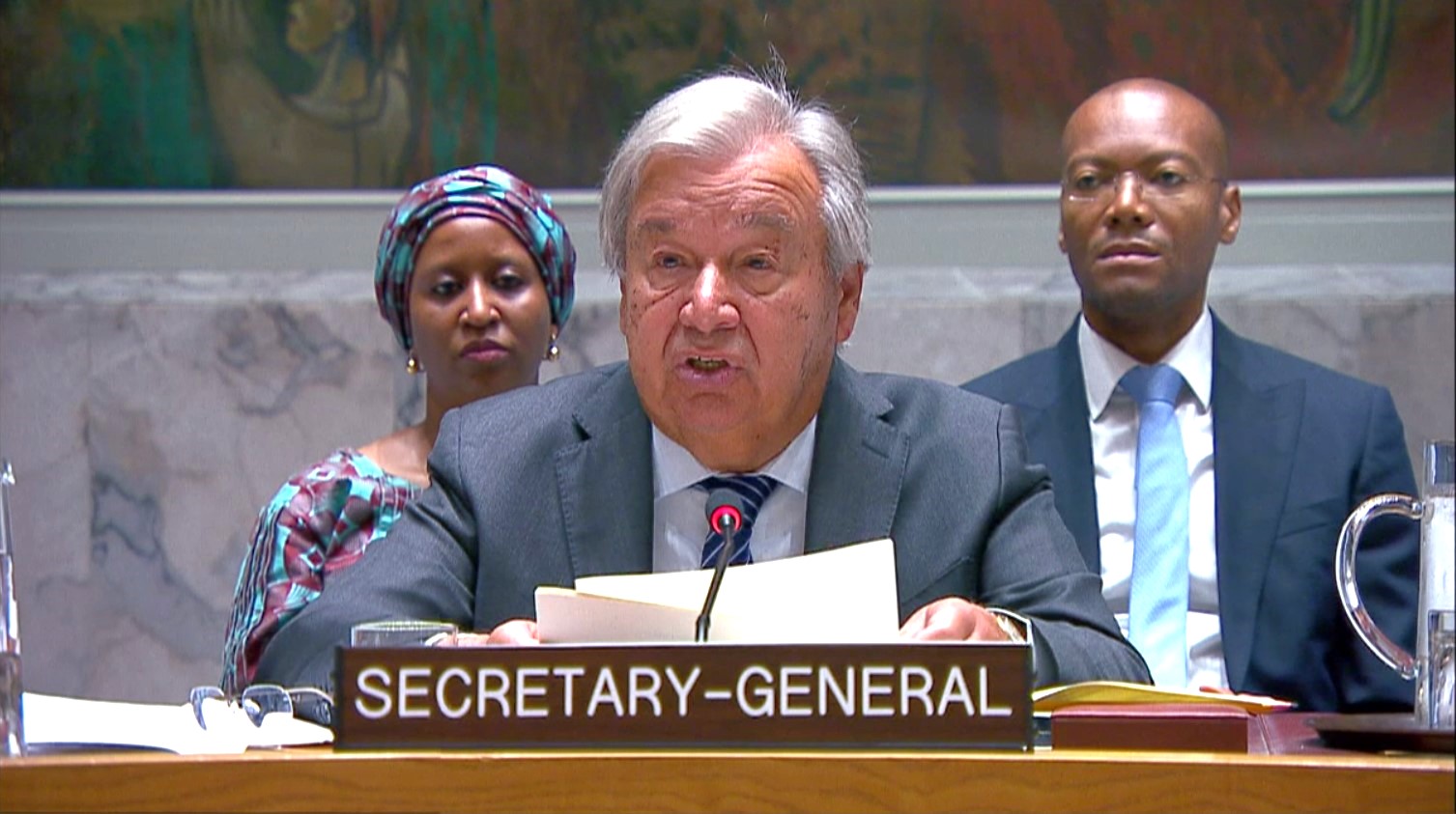
Addressing the Council, he emphasized that its composition reflected the balance of power at the end of World War Two and has failed to keep pace with a changing world.
“In 1945, most of today’s African countries were still under colonial rule and had no voice in international affairs,” he said.
“We cannot accept that the world’s preeminent peace and security body lacks a permanent voice for a continent of well over a billion people…nor can we accept that Africa’s views are undervalued on questions of peace and security, both on the continent and around the world.”
播放器加载中....
Correct the injustice
Mr. Guterres underscored the need for redress.
“Ensuring this Council’s full credibility and legitimacy means heeding the longstanding calls from the UN General Assembly, various geographic groups – from the Arab Group to the Benelux, Nordic and CARICOM countries – and some permanent members of this Council itself, to correct this injustice,” he said.
Mr. Guterres recalled his policy brief, New Agenda for Peace, launched in July last year. That framework lies at the heart of negotiations over the Pact of the Future, which is to be adopted at next month’s Summit of the Future.
“The Summit provides a critical opportunity to make progress on these issues, and help ensure that all countries can meaningfully participate in global governance structures as equals”, the UN chief told ambassadors.
“I urge all Member States to attend and contribute their views and ideas so that African voices are heard, African initiatives are supported, and African needs are met,” he urged.
Mr. Guterres was speaking at a high-level debate on addressing the historical injustice and enhancing Africa’s effective representation on the Security Council, convened by Sierra Leone, Council President for August.
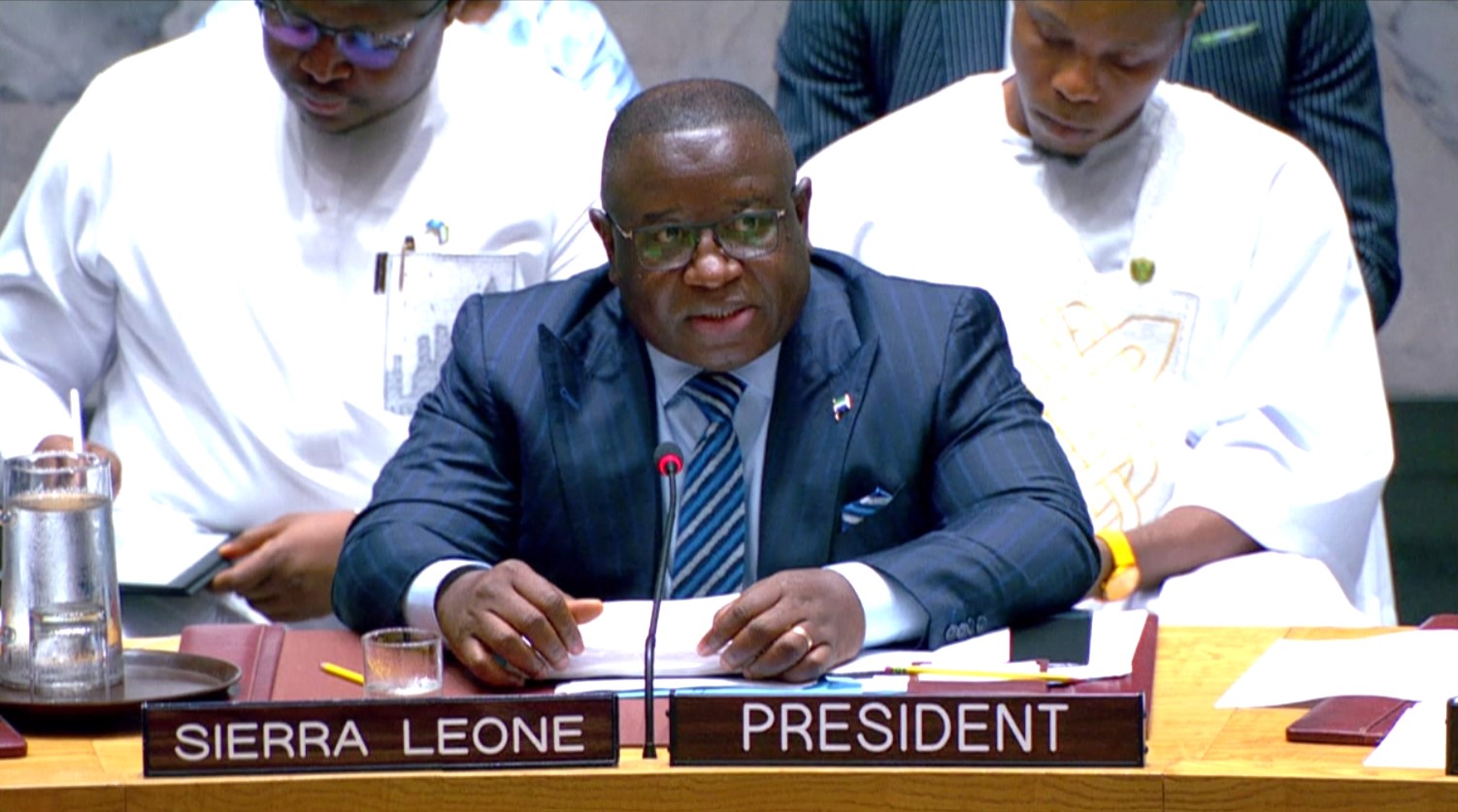
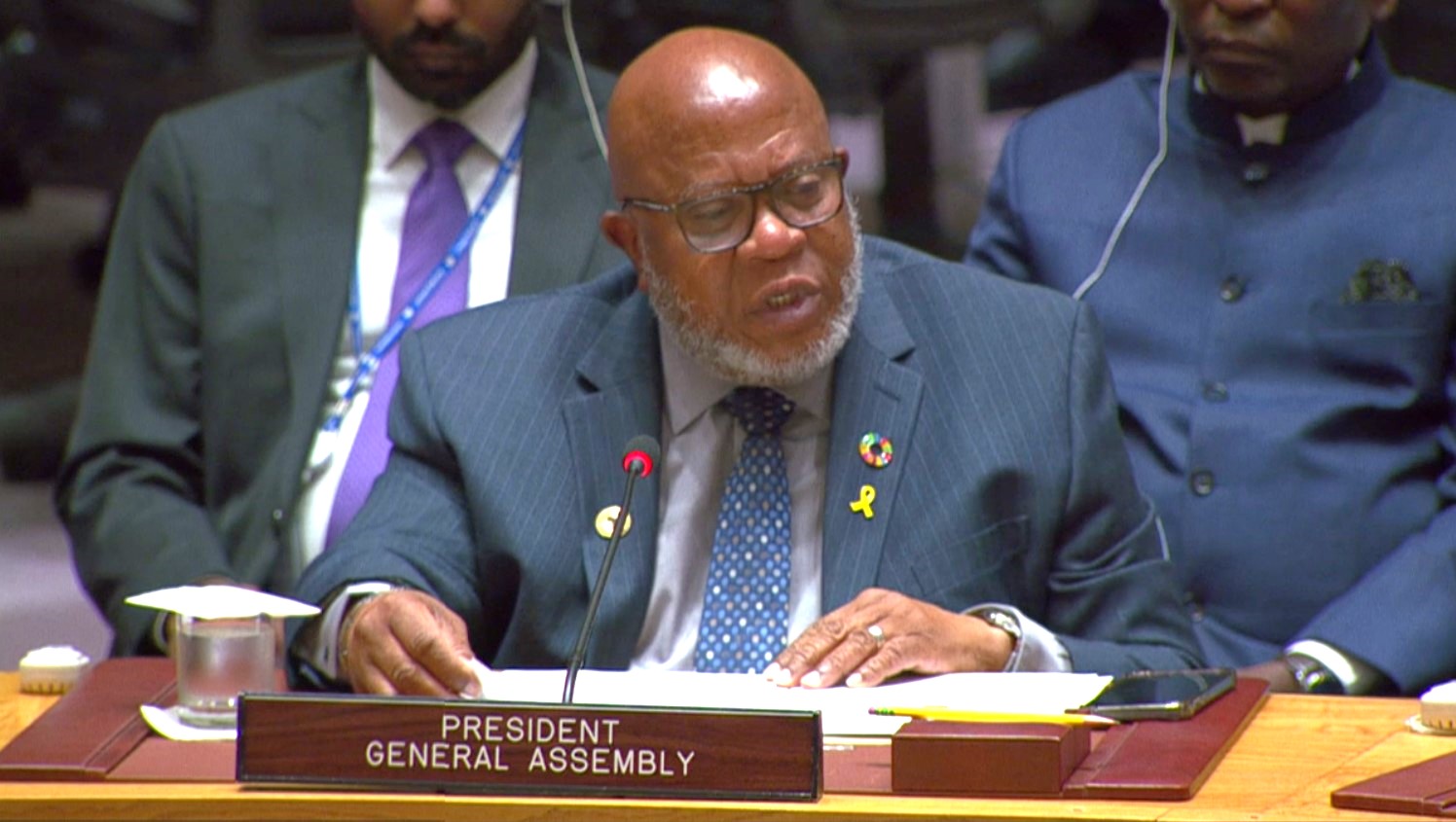
Council composition
The 15-member Security Council includes five permanent members with veto power (the ability to block decisions, even if all other members support the proposal) – China, France, Russia, the United Kingdom, and the United States – while the remaining 10 non-permanent seats are allocated regionally.
The regional allocation includes three seats for African States; two each for Asia-Pacific, Latin America and the Caribbean, and Western Europe and Other States; and one for Eastern European States.
The question of equitable representation has been on the agenda for several years, including through the General Assembly’s open-ended working group and intergovernmental negotiations to address the issue.
There has been some modest reform, such as the recent automatic convening of an Assembly debate whenever a veto is cast, aiming to enhance transparency and accountability within the Council.
However, calls for major reform continue, particularly from underrepresented regions.
 UN Photo/Manuel Elías General Assembly President Dennis Francis addresses the UN Security Council.
UN Photo/Manuel Elías General Assembly President Dennis Francis addresses the UN Security Council.
Africa’s key role
Following Mr. Guterres’s remarks, Dennis Francis, President of the General Assembly, also addressed the Security Council. He highlighted Africa’s key role in global peace and security, further underscoring the need for reform.
He drew on his own visits, citing firsthand experiences in South Sudan, where he met a few weeks ago with internally displaced persons (IDPs) and witnessed the vital work of the UN Mission in South Sudan (UNMISS).
Mr. Francis also shared insights from his meetings in Haiti, where he discussed the deployment of the Kenyan-led Multinational Security Support Mission (MSS) following the adoption of Council resolution 2699.
These reflected Africa’s significant and growing role in addressing global security challenges, he argued.
Search for positive solutions
Assembly President Francis also pointed out that the General Assembly is actively addressing the issue through intergovernmental negotiations, and urged Member States to engage constructively towards substantial reform.
“Our objective is to create solutions, along a well-designed process. And most importantly, to win back the trust and the confidence of ‘we the peoples’ of the United Nations,” he said, recounting the first words of the Preamble of the UN Charter.
Some African leaders at the UN spoke to the media outside the Security Council following the meeting and outlined their concerns and approach to reform:
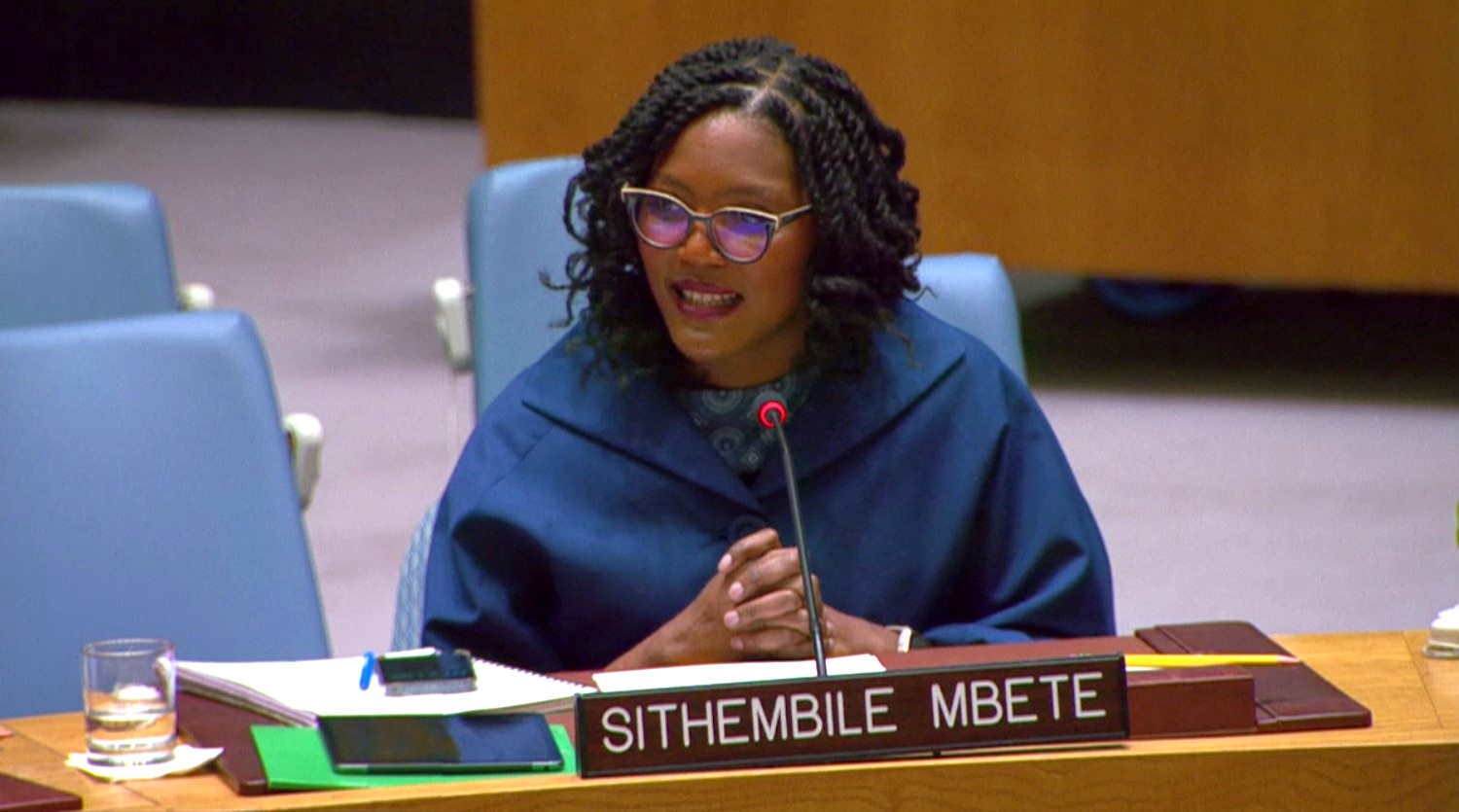
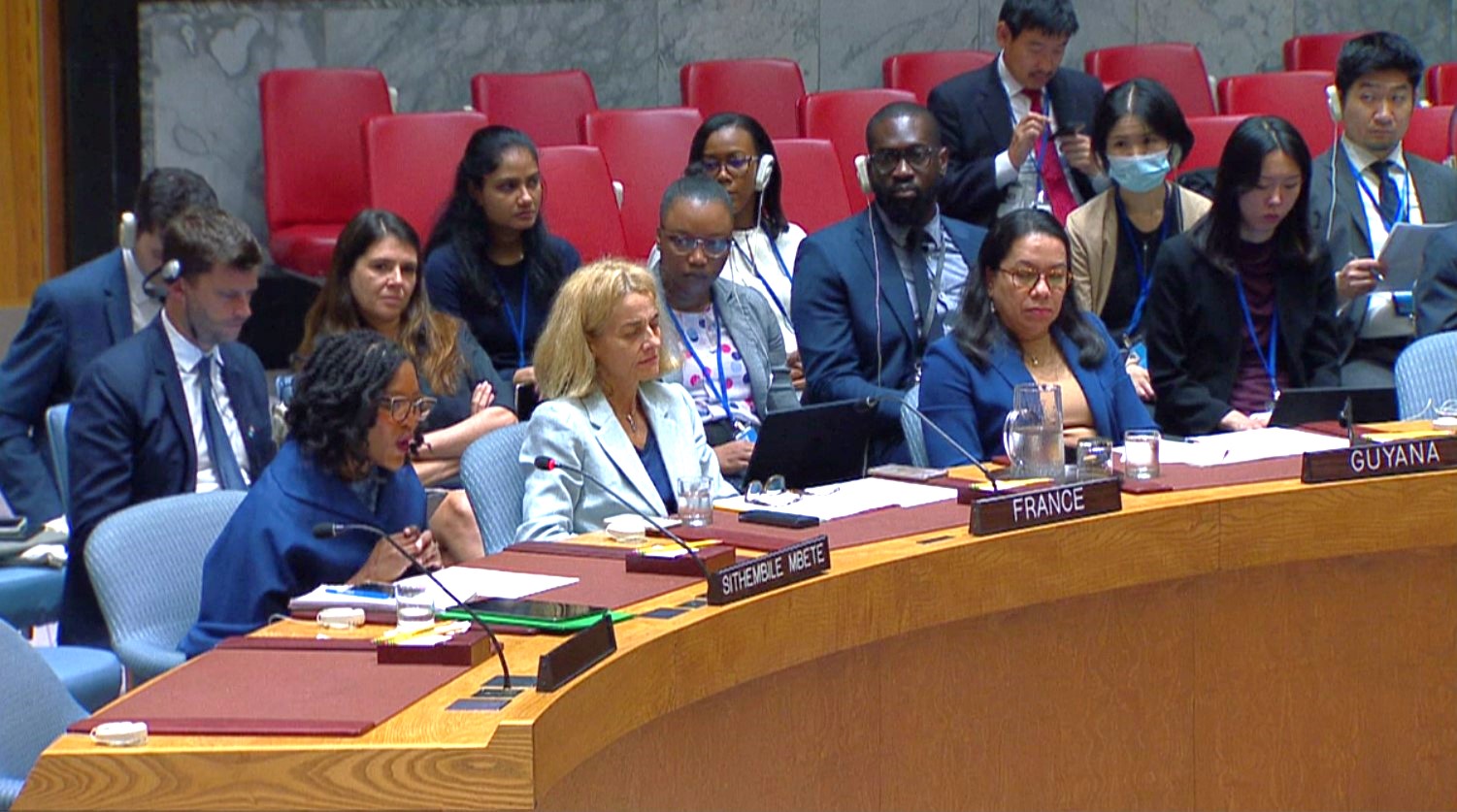
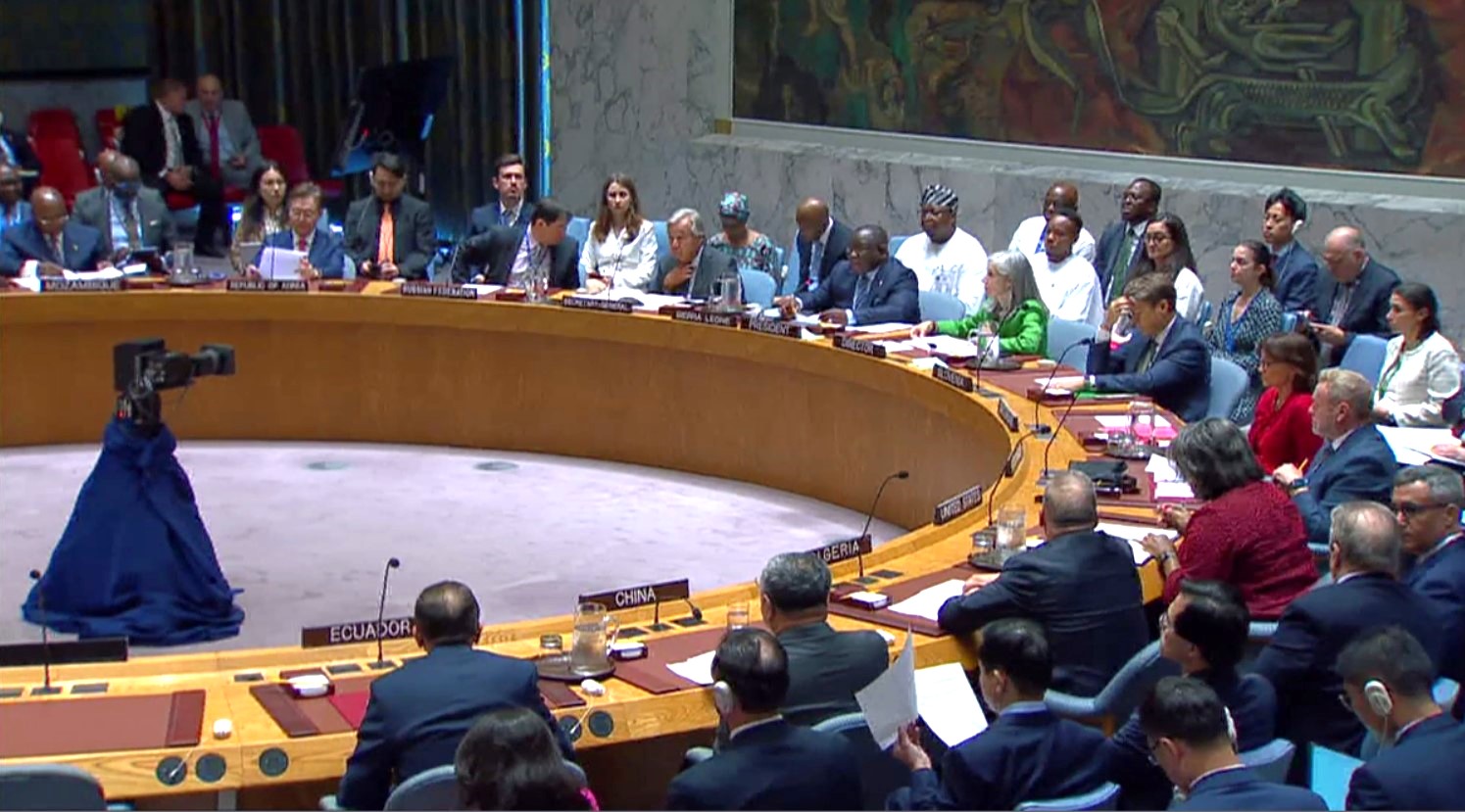
Secretary-General António Guterres today (12 Aug) told the Security Council that “we cannot accept that the world’s preeminent peace and security body lacks a permanent voice for a continent of well over a billion people,” and said, “nor can we accept that Africa’s views are undervalued on questions of peace and security, both on the continent and around the world.”
The Secretary-General told Council members, “nearly half of all country-specific or regional conflicts on your agenda concern Africa,” adding that conflicts in the continent “are often exacerbated by greed for Africa’s resources - which are vital to the global economy - and further spread and aggravated by the interference of external actors.”
He said, “the message is clear. There can be no global security without African security. Meanwhile, African countries are ground down by crushing debt burdens and a lack of financing thanks to the global financial architecture, in which they are underrepresented and denied the level of support they require.”
General Assembly President Dennis Francis said, “the fact that Africa continues to be manifestly underrepresented on the Security Council is simply wrong, offending as it does both the principles of equity and inclusion.”
Francis said, “it runs counter to the principle of sovereign equality of States – and calls for urgency to reform this institution to reflect the world as it is now, rather than what it was nearly 80 years ago.”
Representing civil society, University of Pretoria Senior Lecturer Sithembile Mbete said, “Africa's experience of the UN system over the past 80 years has been one of misrepresentation and under representation. Misrepresentation and the perpetuation of narratives of the continent as a basket case of uncivilized and backward societies Who are always recipients of aid rather than agents of progress. Underrepresentation in the exclusion of the continent from permanent membership of the Council, and in inadequate representation in the category of non-permanent members.”
For his part, Sierra Leone’s President Julius Maada Bio said, “80 years after its creation, the Council has been stuck in time. Its imbalanced composition is at odds with current realities and unjust, undermining its legitimacy and effectiveness. Africa remains the unquestionable victim. With the absence of structural change, the Security Council’s performance and legitimacy remain questionable.”
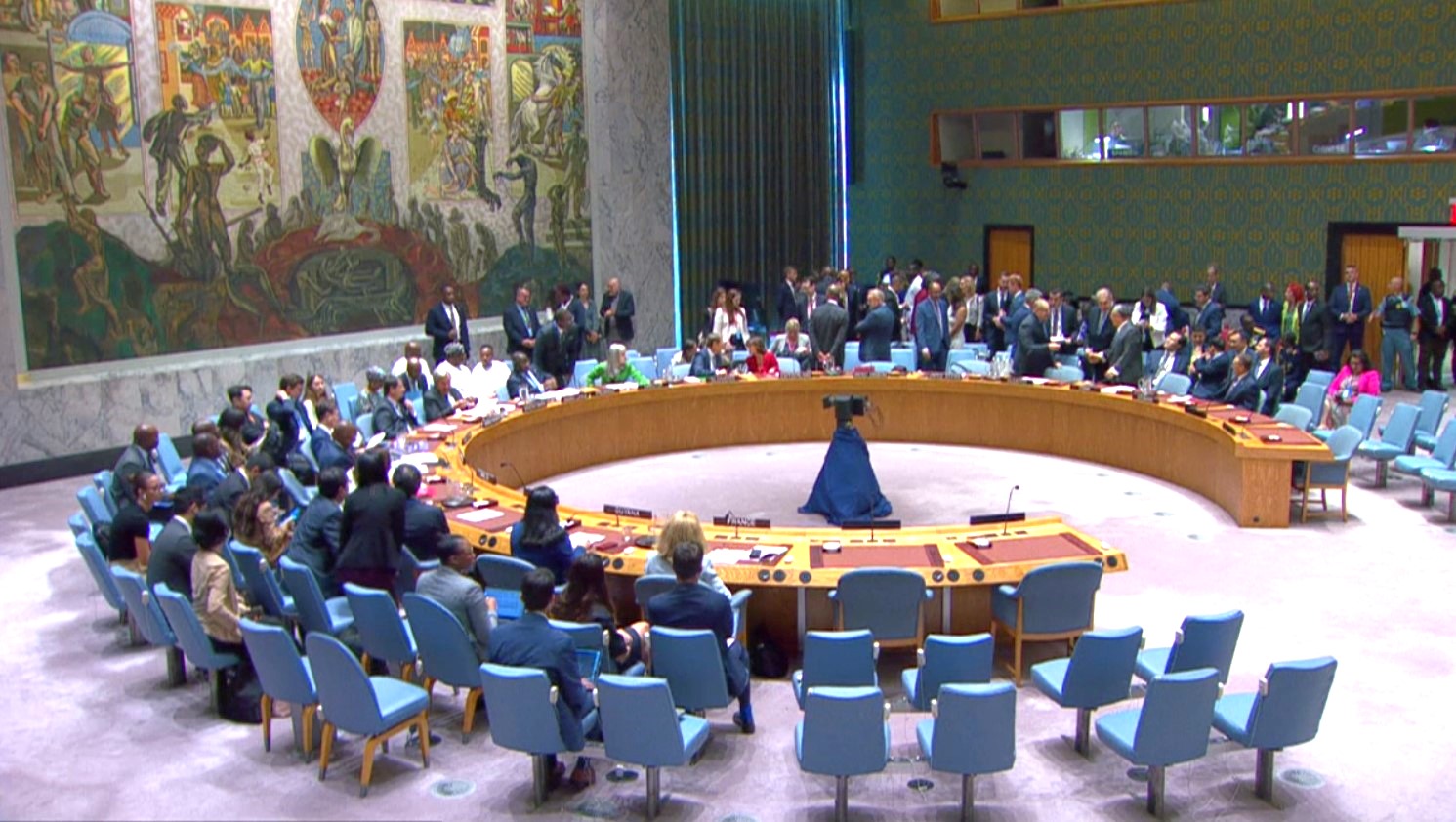
Bio said, “Africa demands two permanent seats in the UN Security Council and two additional non-permanent seats, bringing the total number of non-permanent seats to five. The African Union will choose the African Permanent Members. Africa wants the veto abolished. However, if UN Member States wish to retain the veto, it must be extended to all new Permanent Members as a matter of justice.”
Today’s meeting, “Addressing the Historical Injustice and Enhancing Africa’s Effective Representation in the Security Council,” was convened under Sierra Leone’s presidency of the Council.
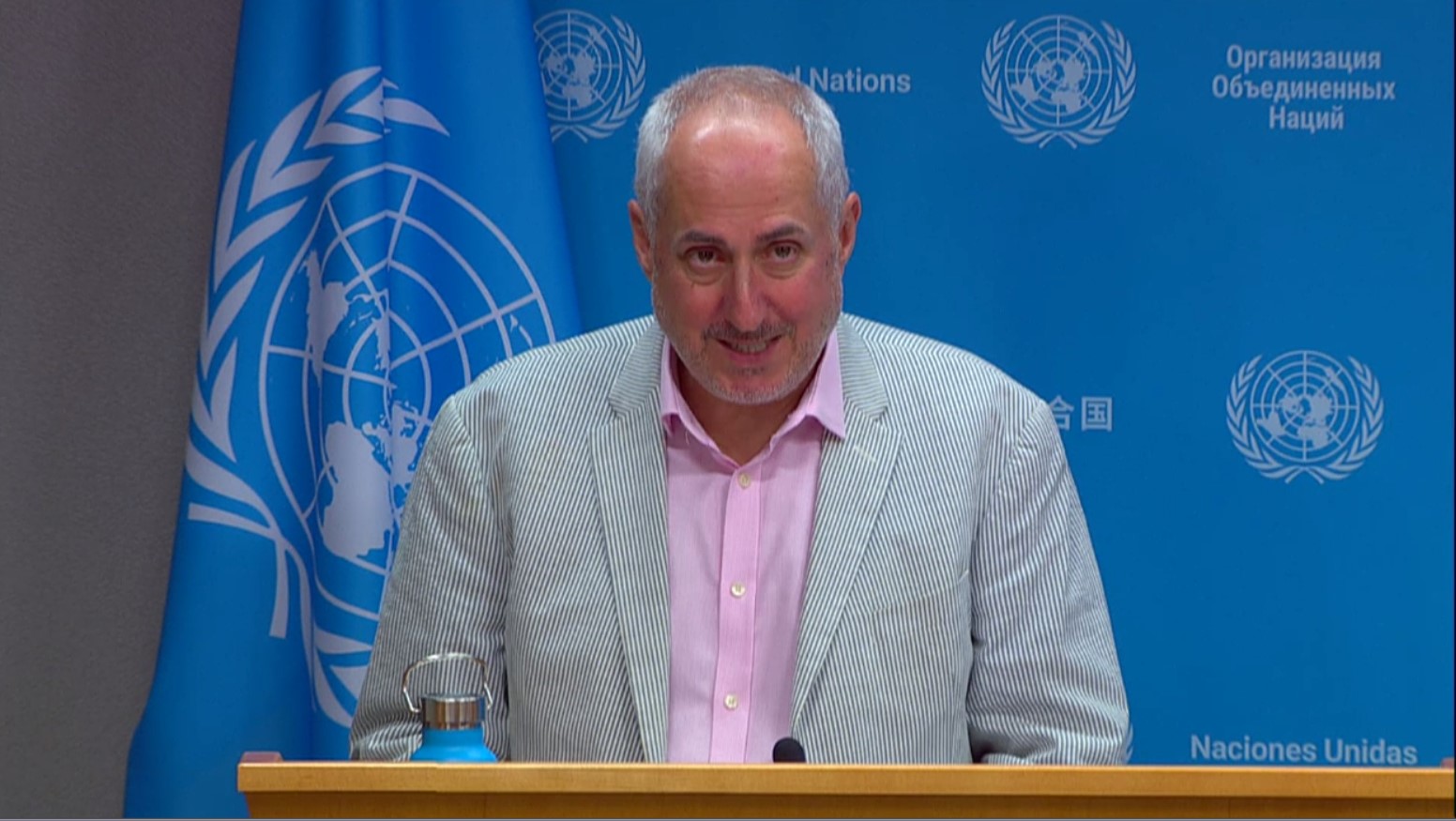
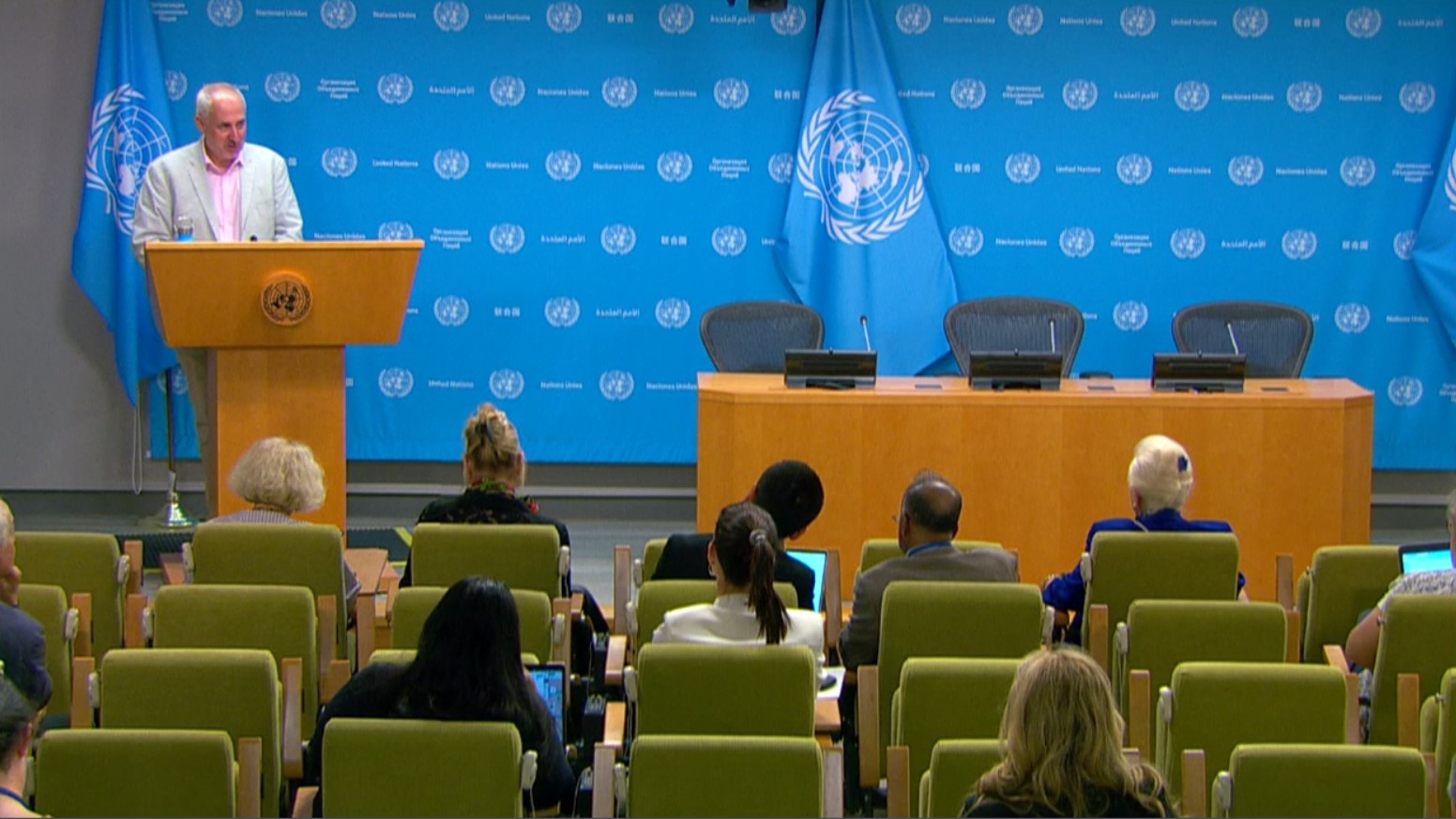



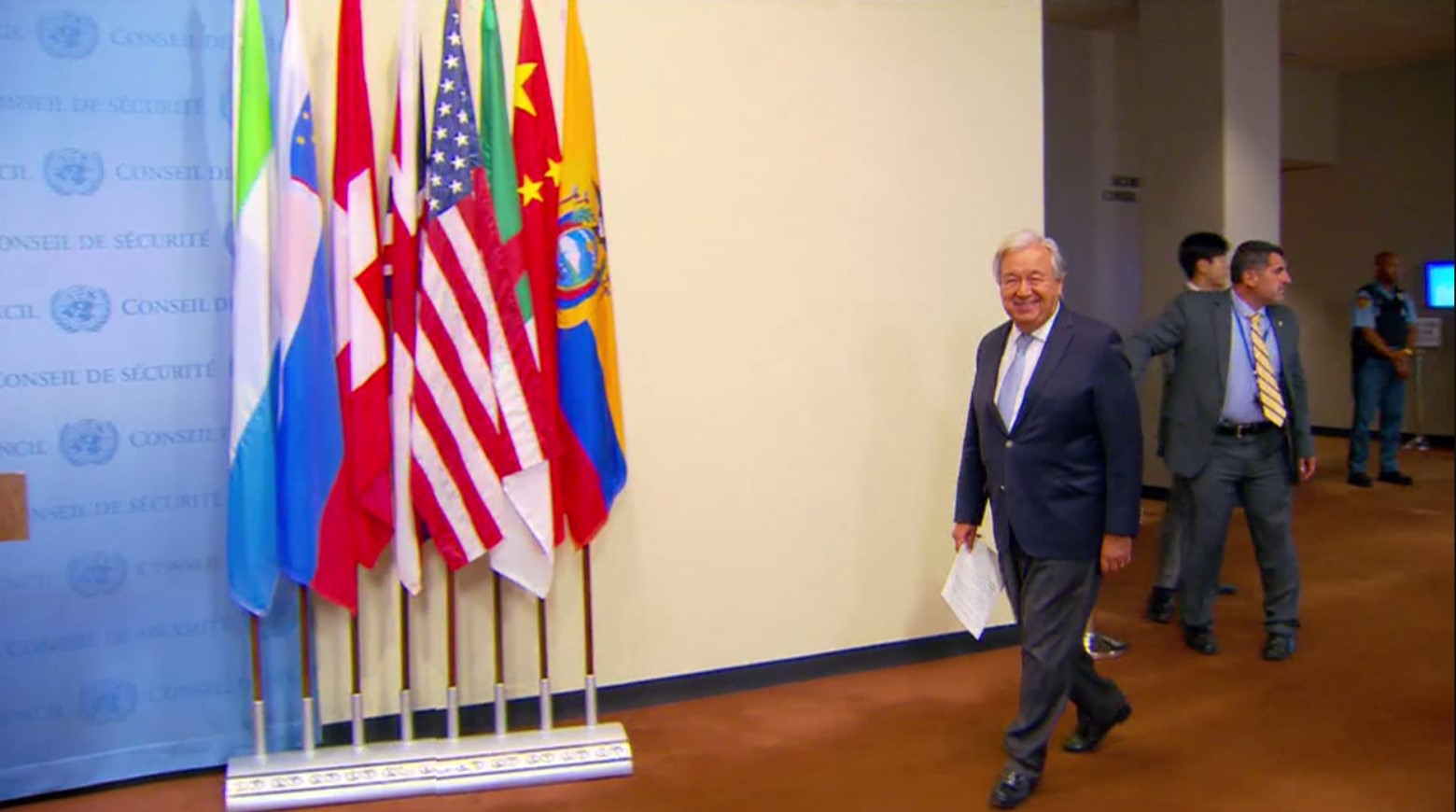
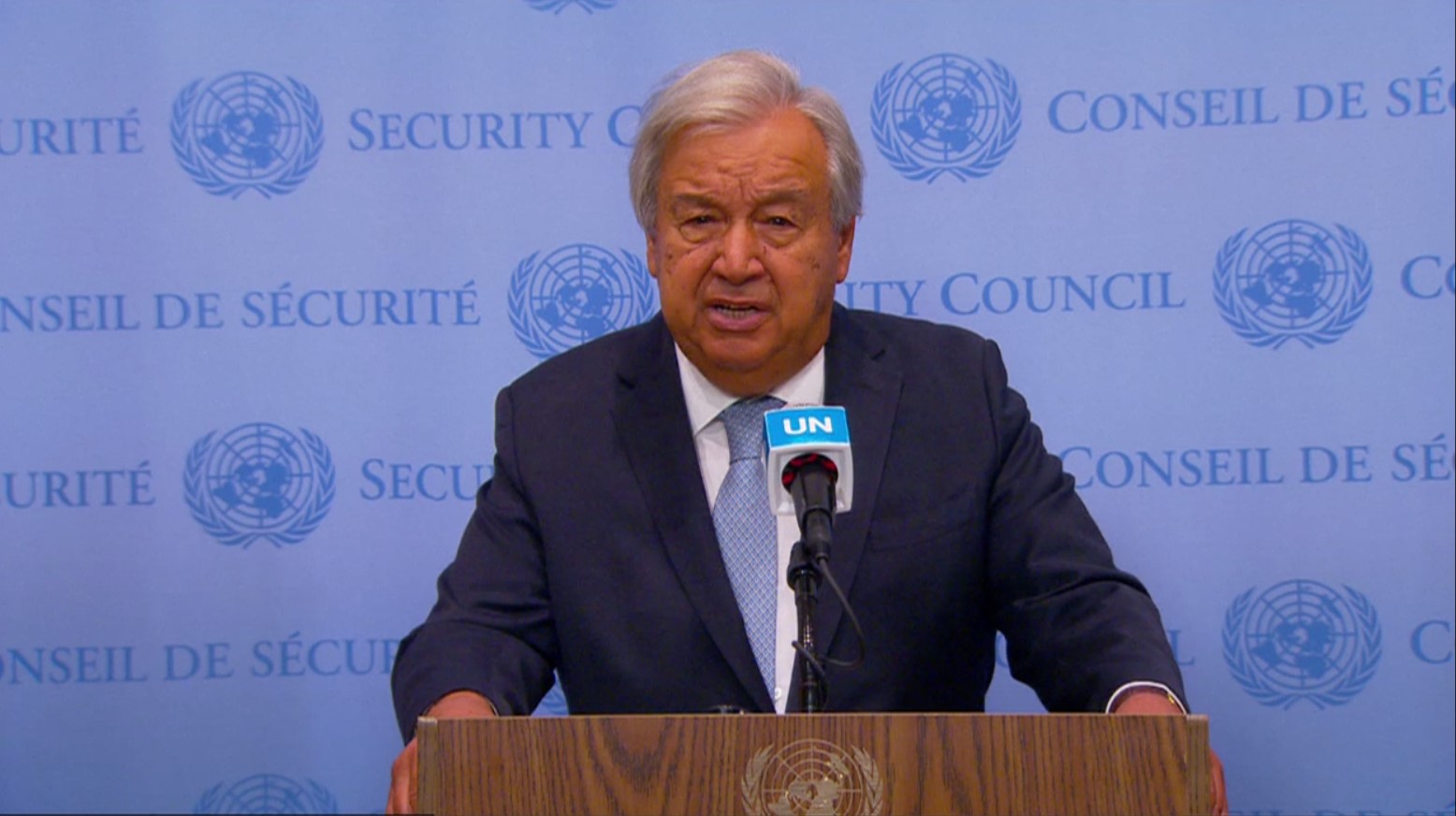
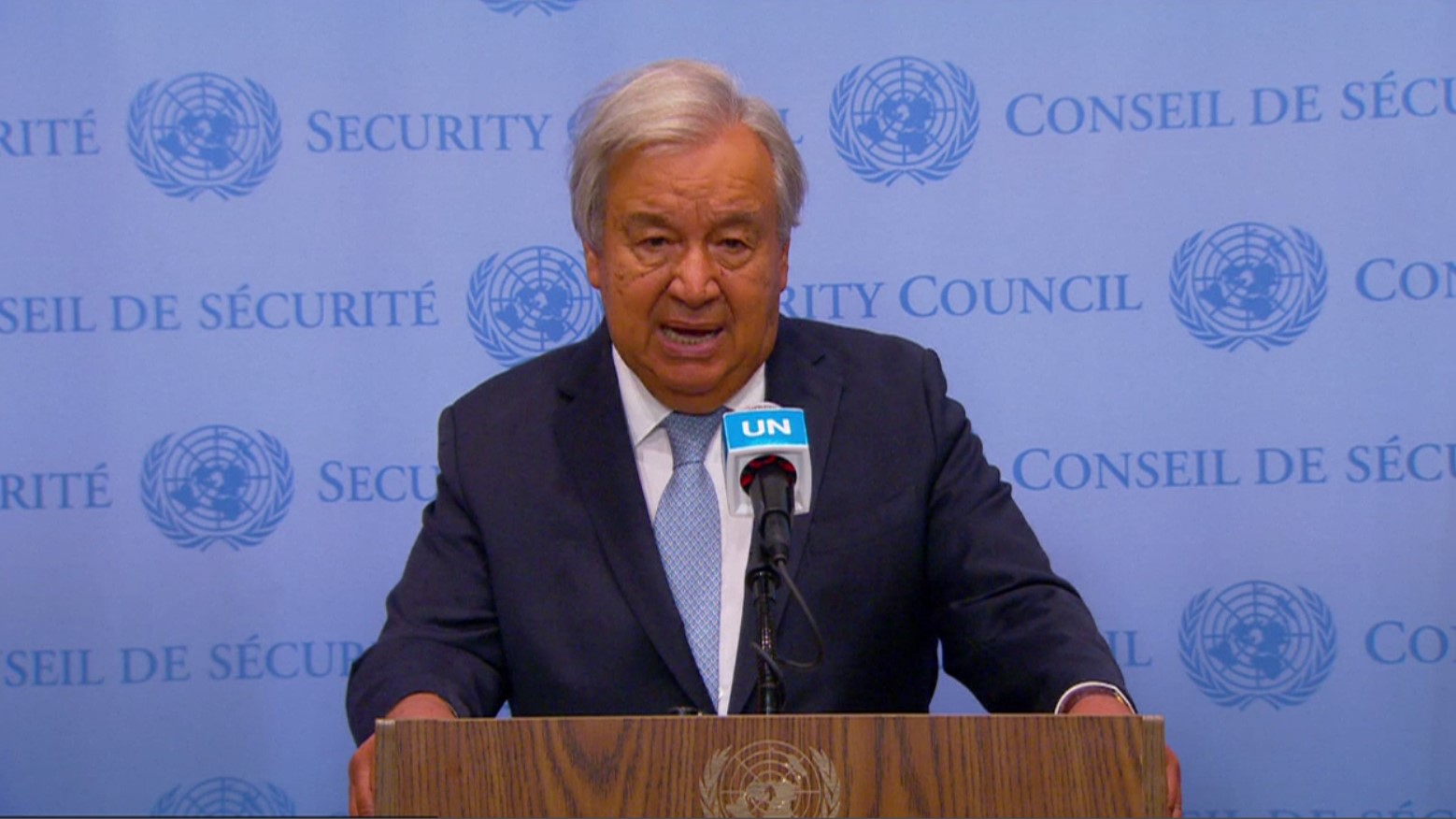
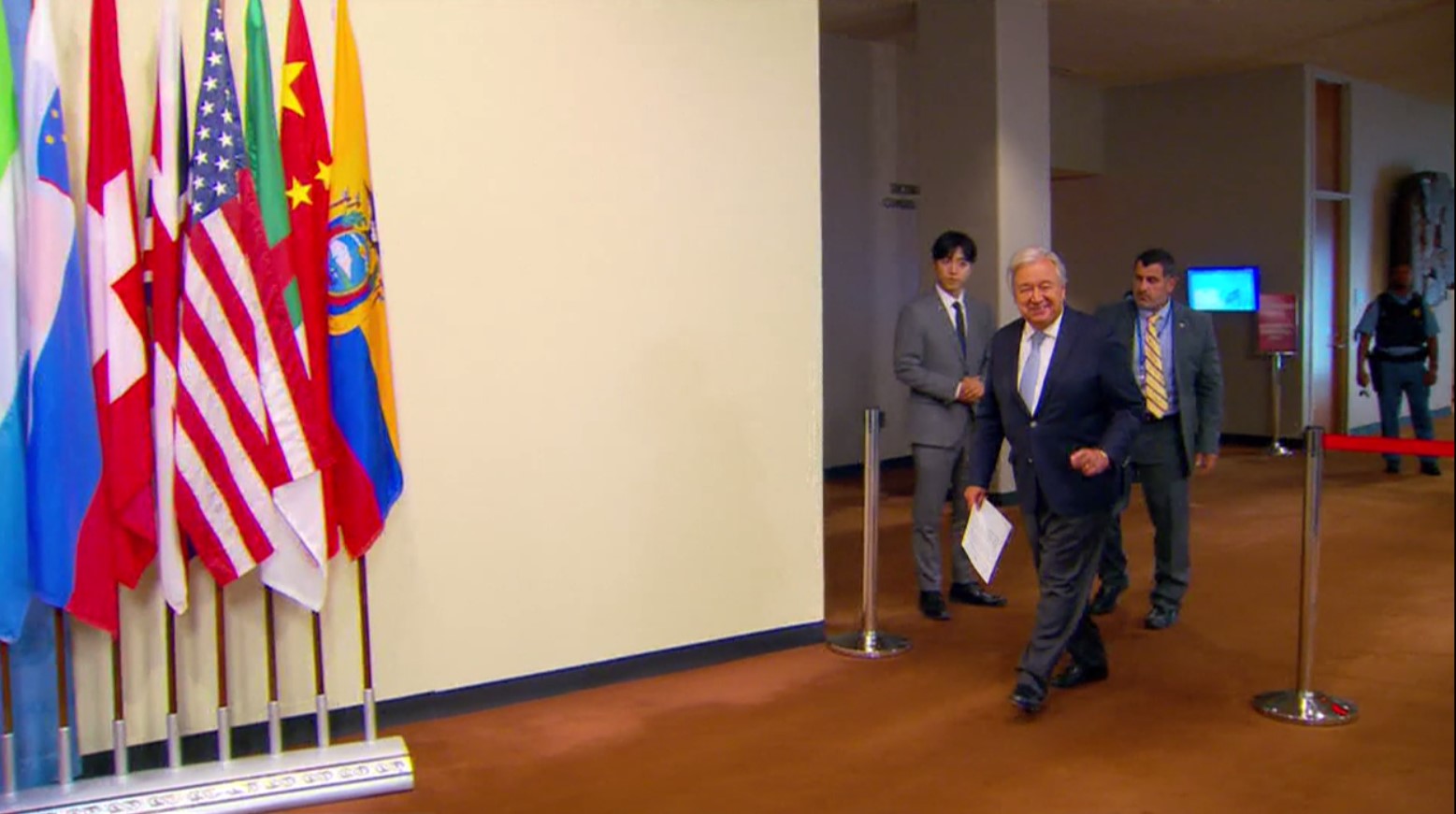
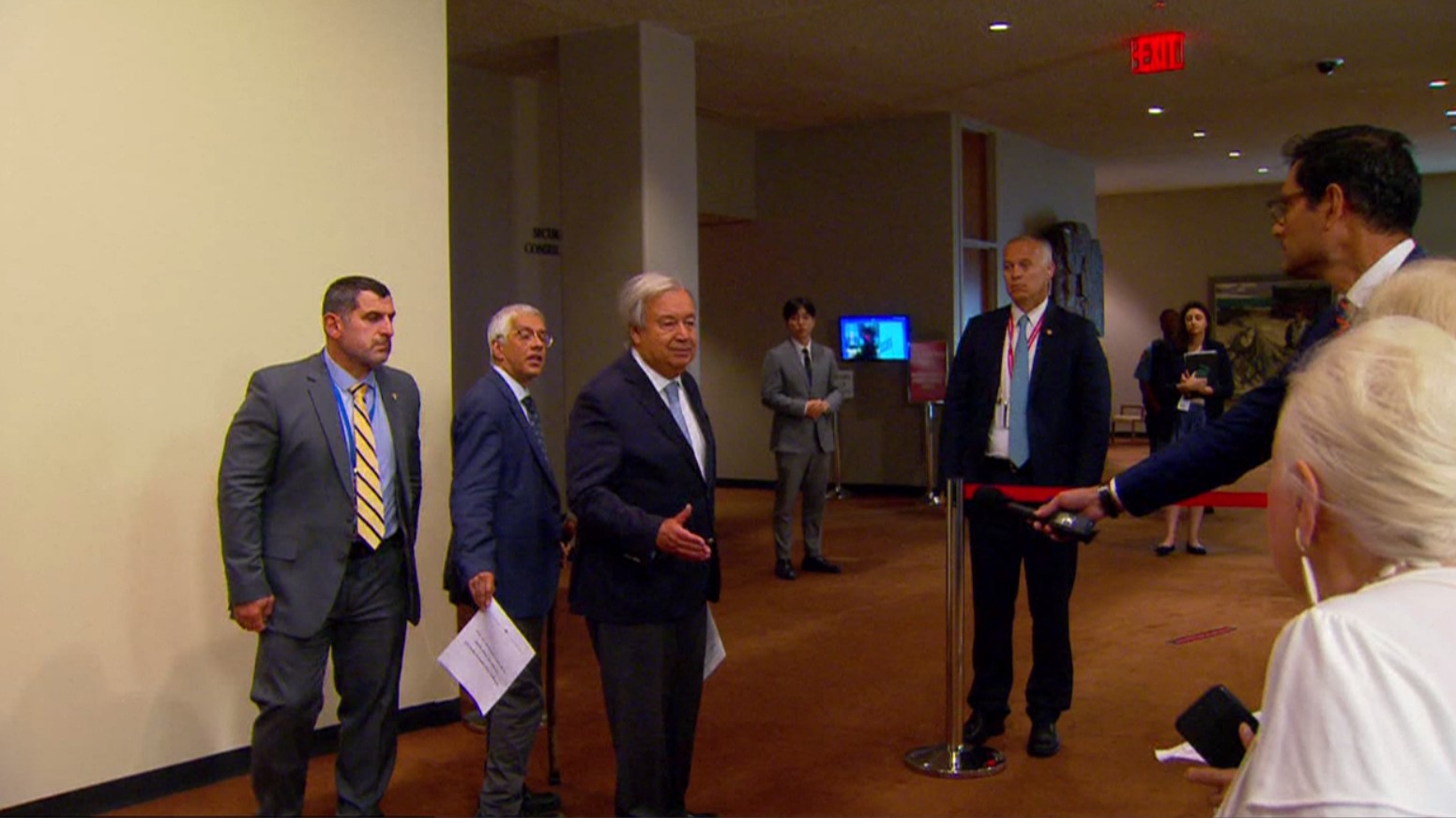
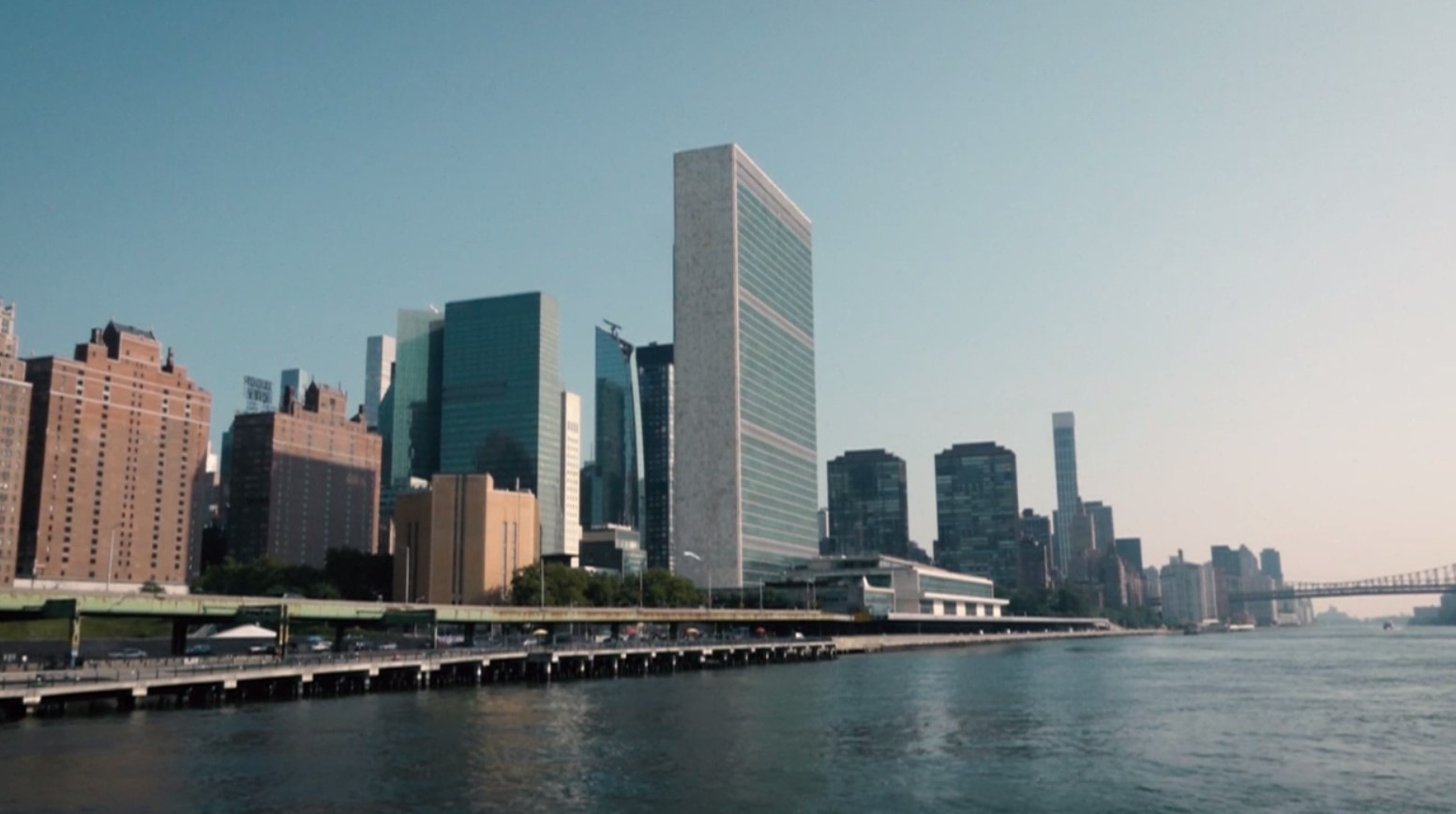
 © UNICEF Internet connectivity in schools is essential for strengthening education systems.
© UNICEF Internet connectivity in schools is essential for strengthening education systems.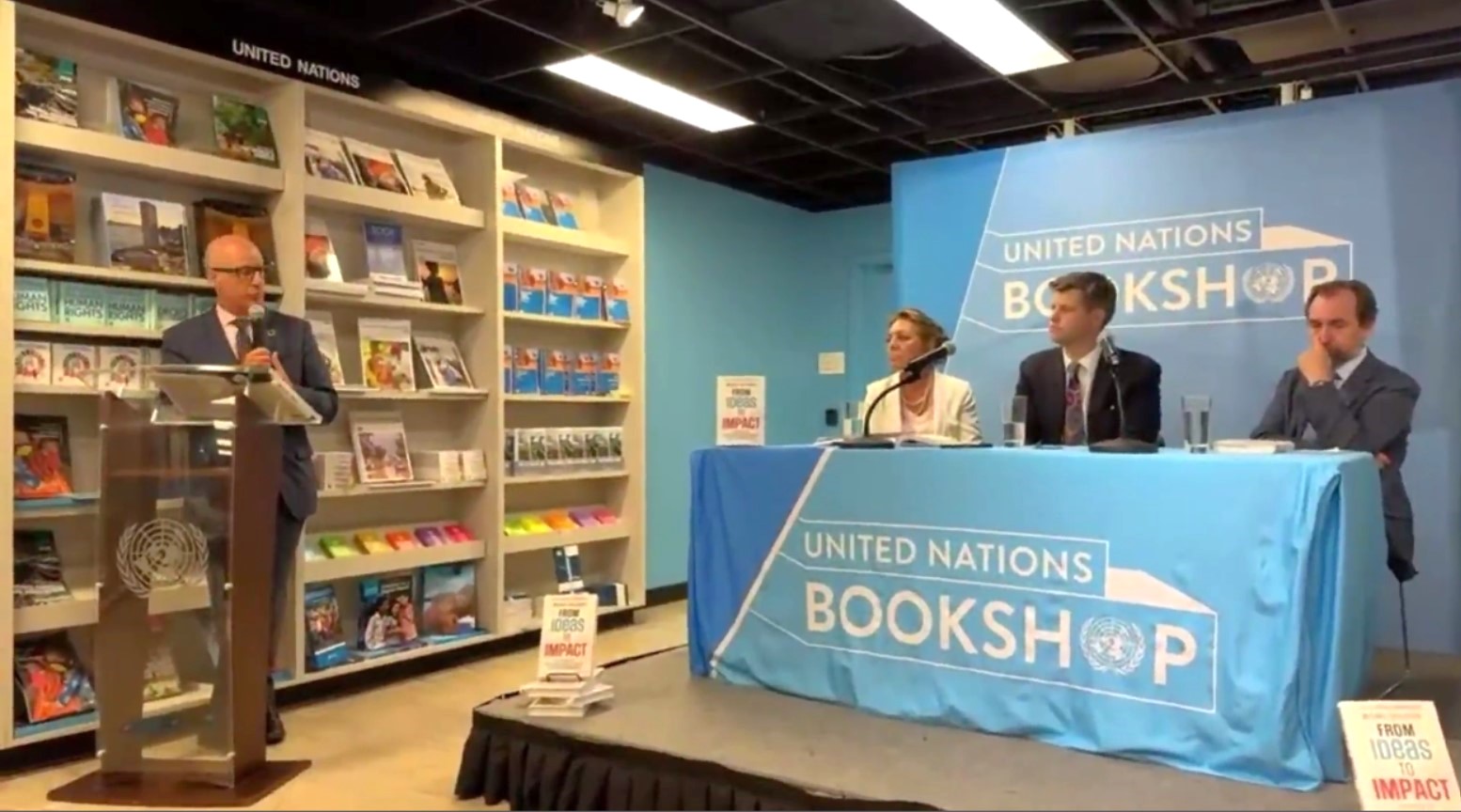
 UN Photo/Manuel Elías A wide view of the Security Council meeting on enhancing Africa’s effective representation in the Council.
UN Photo/Manuel Elías A wide view of the Security Council meeting on enhancing Africa’s effective representation in the Council.


 UN Photo/Manuel Elías General Assembly President Dennis Francis addresses the UN Security Council.
UN Photo/Manuel Elías General Assembly President Dennis Francis addresses the UN Security Council.


